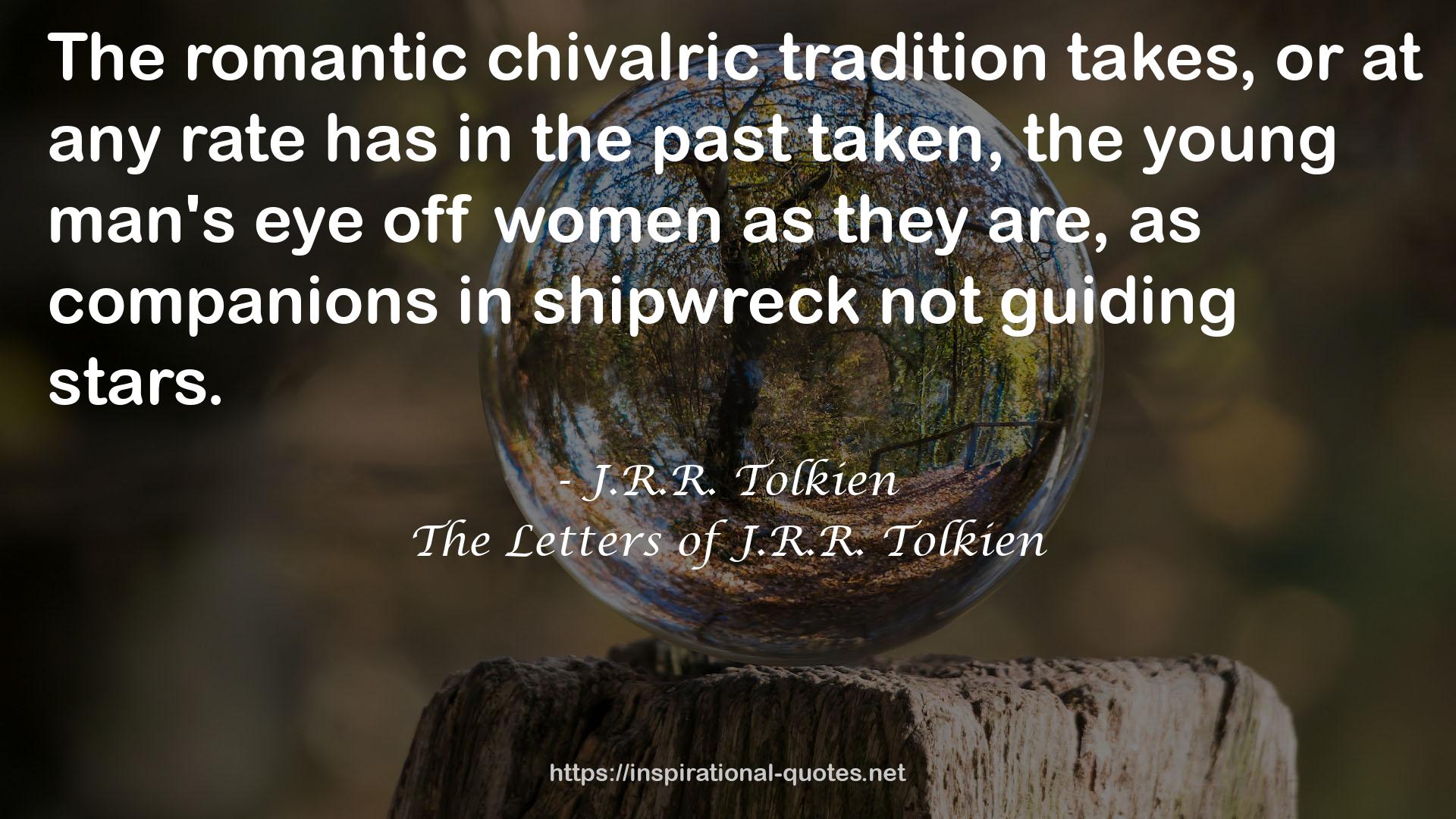31
" The bigger things get the smaller and duller or flatter the globe gets. It is getting to be all one blasted little provincial suburb. When they have introduced American sanitation, morale-pep, feminism, and mass production throughout the Near East, Middle East, Far East, U.S.S.R., the Pampas, el Gran Chaco, the Danubian Basin, Equatorial Africa, Hirther Further and Inner Mumbo-land, Gondhwannaland, Lhasas, and the villages of darkest Berkshire, how happy we shall be . At any rate it out to cut down travel. There will be nowhere to go. So people will (I opine) go all the faster. (leter 53) "
― J.R.R. Tolkien , The Letters of J.R.R. Tolkien
35
" Hump, well! I wonder (if we survive this war) if there will be any niche, even of sufferance, left for reactionary back numbers like me (and you). The bigger things get the smaller and duller or flatter the globe gets. It is getting to be all one blasted little provincial suburb. When they have introduced American sanitation, moral pep, feminism, and mass production throughout the Near East, Middle East, Far East, U.S.S.R., Hither Further and Inner Mumbo-land, Gondhwanaland, Lhasa, and the villages of the darkest Berkshire, how happy we shall be. At any rate it ought to cut down on travel. There will be nowhere to go. So people will (I opine) go all the faster. Colllie Knox says 1/8 of the world's population speaks 'English', and that is the biggest language group. if true, damn shame__ say I. May the curse of Babel strike at all their tongues till they can only say 'baa baa'. It would mean much the same. I think I shall have to refuse to speak anything but Old Mercian. "
― J.R.R. Tolkien , The Letters of J.R.R. Tolkien
40
" Do not laugh! But once upon a time (my crest has long since fallen) I had a mind to make a body of more or less connected legend, ranging from the large and cosmogonic, to the level of romantic fairy-story – the larger founded on the lesser in contact with the earth, the lesser drawing splendour from the vast backcloths – which I could dedicate simply to: to England; to my country. It should possess the tone and quality that I desired, somewhat cool and clear, be redolent of our ‘air’ (the clime and soil of the North West, meaning Britain and the hither parts of Europe: not Italy or the Aegean, still less the East), and, while possessing (if I could achieve it) the fair elusive beauty that some call Celtic (though it is rarely found in genuine ancient Celtic things), it should be ‘high’, purged of the gross, and fit for the more adult mind of a land long now steeped in poetry. I would draw some of the great tales in fullness, and leave many only placed in the scheme, and sketched. The cycles should be linked to a majestic whole, and yet leave scope for other minds and hands, wielding paint and music and drama. Absurd.
Of course, such an overweening purpose did not develop all at once. The mere stories were the thing. They arose in my mind as ‘given’ things, and as they came, separately, so too the links grew. An absorbing, though continually interrupted labour (especially since, even apart from the necessities of life, the mind would wing to the other pole and spend itself on the linguistics): yet always I had the sense of recording what was already ‘there’, somewhere: not of ‘inventing’. Of course, I made up and even wrote lots of other things (especially for my children). Some escaped from the grasp of this branching acquisitive theme, being ultimately and radically unrelated: Leaf by Niggle and Farmer Giles, for instance, the only two that have been printed. The Hobbit, which has much more essential life in it, was quite independently conceived: I did not know as I began it that it belonged. But it proved to be the discovery of the completion of the whole, its mode of descent to earth, and merging into ‘history’. As the high Legends of the beginning are supposed to look at things through Elvish minds, so the middle tale of the Hobbit takes a virtually human point of view – and the last tale blends them. "
― J.R.R. Tolkien , The Letters of J.R.R. Tolkien

